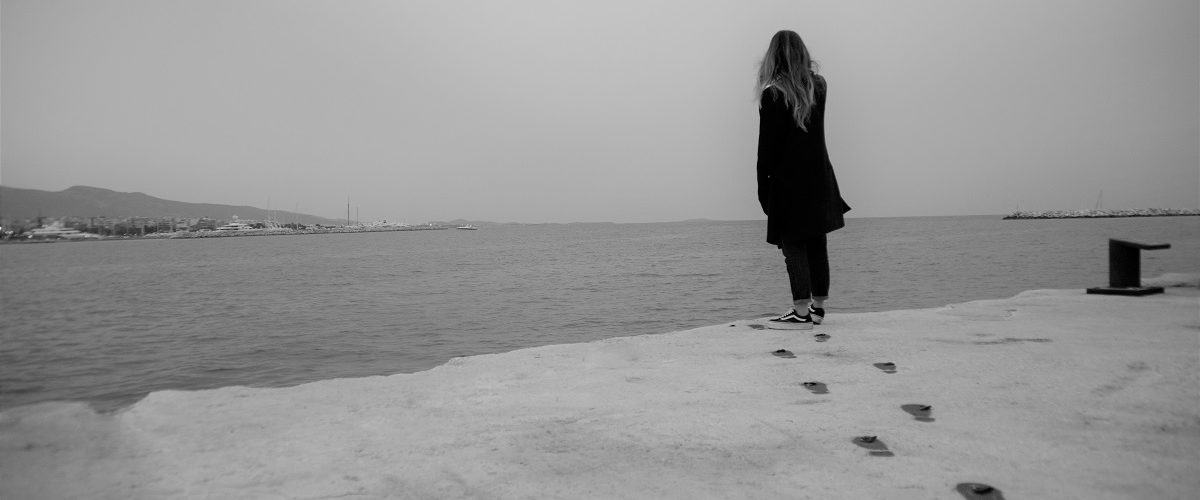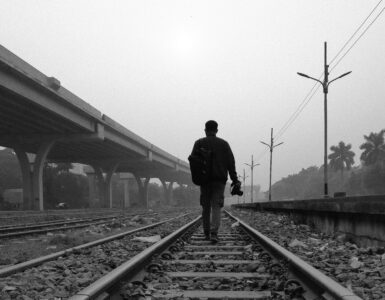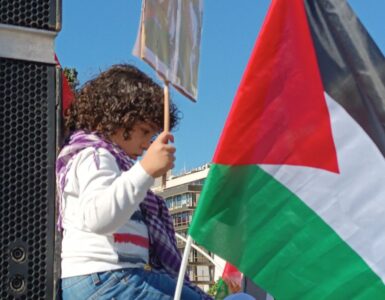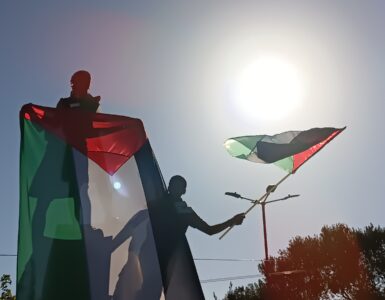Hello!
I am one of the victims about whom you have written thousands of articles in the last five years. Apart from politicians, you too have played an important role in my life. Have you realised who I am?
Let me remind you of the significant part you have played in my life since 2015. Do you remember the photograph of the dead child on the beach? A powerful image, and after its publication people realised how important it was to have open borders. Do you believe in the power of the pen? Do you believe in the power of the photograph stored in your memory card?
Yes, I am the one about whom you write so many news stories. I observe their effect on my daily life. Would you like to know what this effect is? For example, you write about “a flood of migrants” and “the refugee crisis”. When these phrases appear in your articles, do you know what they mean for me? People hate floods because they consider them to be catastrophic. People hate crises because they feel unsafe. You need to be aware that whether you like it or not (and only you know if you do), the publication of such articles makes people start to fear us, refugees, or even to hate us, the way they hate floods and crises.
And one more question: Why do so many of you journalists portray refugees as oppressed, long-suffering and helpless individuals? It’s an acceptable description up to a point, but we don’t want to read it every day. Are you appealing to people’s emotions? If that’s the case, then as a refugee let me tell you that we don’t need pity, we need understanding.
People need to learn the truth. Let me give you an example that I saw with my own eyes. A woman wearing a headscarf was sitting in one corner of the camp, hugging her knees. A photojournalist decided that the scene illustrated the refugee situation extremely well. As far as he could see, the woman was bent over her knees and was crying – something that would move any viewer. I went closer and saw something quite different. I saw the woman’s smiling face. She had indeed bent over, but onto the screen of her mobile phone in order to kiss the face of her child and to pass on the good news that they would be reunited the following week. “I wish he had taken another photograph from the front!” I thought to myself. The first scene had no other message than tiredness and exhaustion, whereas the message of the second scene would have been one of huge optimism.
Come closer and it will be easier to see the truth! If the photographer had gone just a little closer he could have recorded the joy in her eyes and the kiss sent by a mother to her child on the screen of a phone. The world knows about us only through the lens of your cameras and the words in your articles. I wouldn’t want other journalists to end up like Kevin Carter, the photographer who took the famous photo of the child and the vulture. He was so affected by the comments made about that photograph, that he became depressed and committed suicide. However, if he had got closer, he would have not only saved the child, but also himself. Come closer and don’t be afraid. I’m talking to those of you who travel all the way to Moria camp in order to show how critical the situation has become, and to describe the mounds of rubbish, the so-called hygiene services, the children who have no clothes or the woman who is crying.
Did you look for love in Moria? Did you ask the couple that 17 years on, has learnt what it is like to be a parent? Did you bring good news to Moria’s inhabitants? Did you show them the photograph of the family that left Moria one month ago and went to Athens? Did you tell them that there is an end to this hell? Did you tell them that you know a lot of people who remained strong and optimistic inside this hell, or did you simply remind them that it is a hell? You don’t need to remind them. What they need to remember is that this situation won’t last forever. You are always writing about attacks from fascists. But why didn’t you also tell the story of the man who left a fascist group when he got to know a refugee and heard his story?
I implore you to publish this kind of news, even if it is does not happen very often, even if you just write one sentence. Don’t worry that this news won’t spread. Society today needs hope, and I mean all human society, not just refugees. Telling these stories amongst so much other unpleasant news is what keeps the flame of hope alive today.
Yours sincerely









Add comment